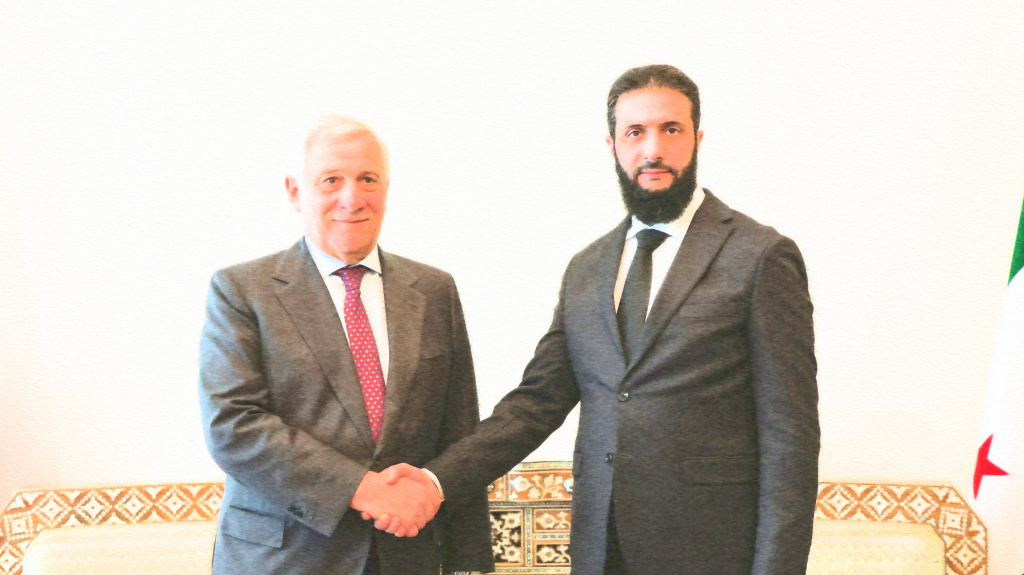Rome backs Syria’s transition with €68M in aid

Italy has committed €68 million in aid to Syria. Foreign Minister Antonio Tajani told lawmakers on March 27th of the aid package, which is seen as crucial to support the transitioning new government in Damascus.
According to Arab News, “An initial package has been earmarked for humanitarian initiatives in the hospital and health sector, in infrastructure, and in strengthening food supply chains,” Tajani told a parliamentary hearing.
The package focuses primarily on hospital and health infrastructure with projects set to begin within the coming weeks. This aid offers the potential for further assistance to Damascus at a critical time when the new government needs to consolidate power and establish stability in the region.
With the ousting of Assad in December 2024 by Hayat Tahrir al-Sham (HTS), decades of authoritarian rule have come to an end. However, the new government has struggled to establish immediate stability, prompting European nations to step in with support measures.
Europe’s response to the new government in Al-Sharaa has been one of cautious optimism. The UK has reduced sanctions, unfreezing assets of the Syrian central bank to allow the new leadership to demonstrate their commitment to stability and building a fair society.
The EU further strengthened this approach by agreeing to donate €5.8 billion (approximately $6.3 billion) to Syria’s recovery alongside other international donors on March 17th. These financial commitments, combined with the easing of sanctions, provide the new government an opportunity to prove to Western nations that they can work toward creating a stable society.
Not all sanctions have been lifted, however, as tensions remain in the region, leaving many European nations hesitant to offer unconditional support. Recent attacks on minority groups, particularly the Alawites in the Northwestern region, have resulted in over 1,000 deaths, including civilians, raising serious concerns.
Despite these challenges, there have been positive developments in the south, where the new government has successfully negotiated an agreement with the Druze minority. This inconsistent approach toward minority groups has prompted cautious oversight from Europe and Western nations, though it has not deterred the current aid commitments.
With Italy’s new aid package, it appears that European nations are willing to look beyond recent violence and continue to view this new government as the best hope for stability within Syria.
The coming months will be crucial as the international community watches how these donations are utilized and whether Al-Sharaa’s government can successfully unite the country.
Arab News
Want to chase the pulse of North Africa?
Subscribe to receive our FREE weekly PDF magazine













